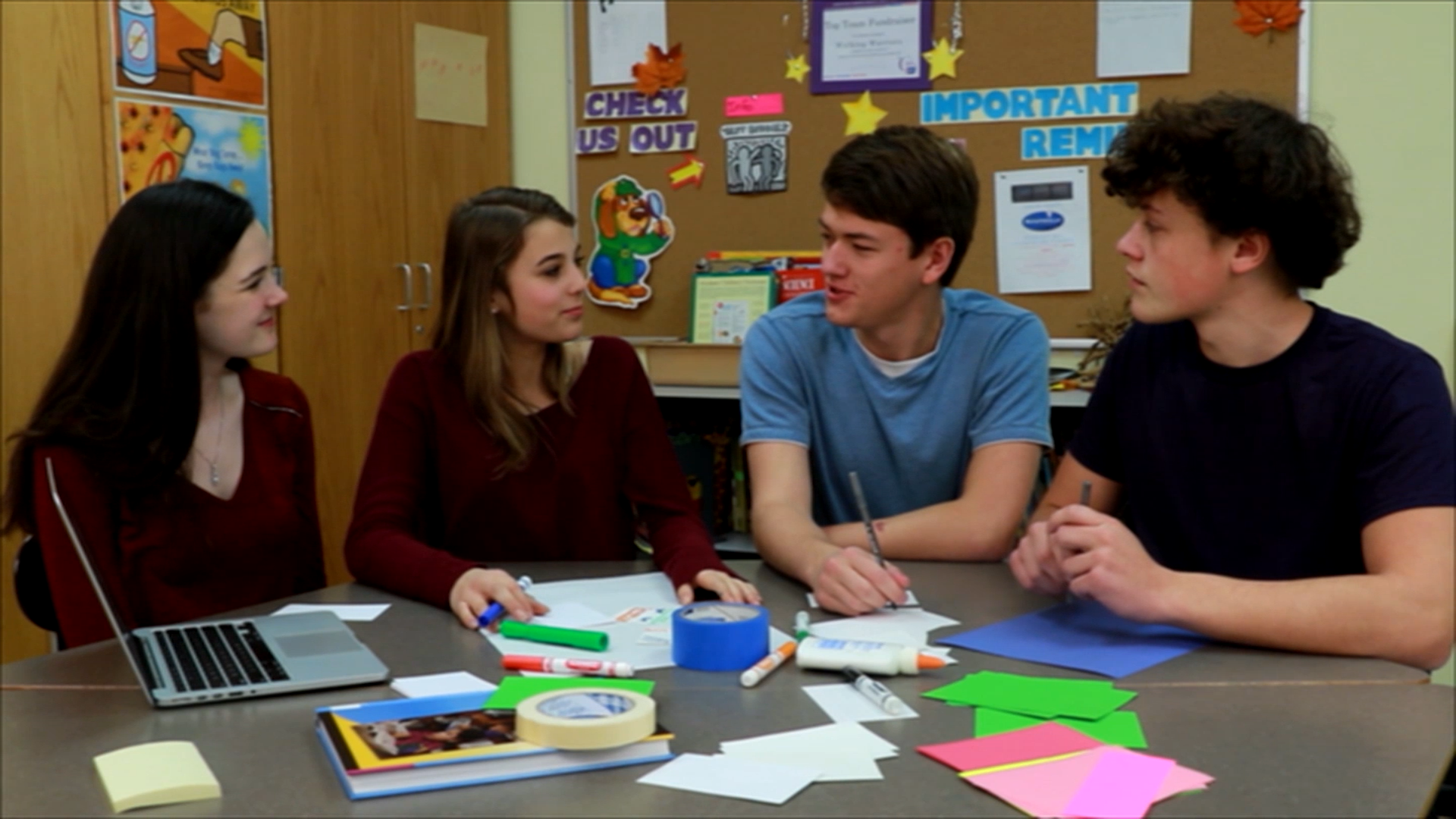Introduction
Effective collaboration is an essential skill for students to learn, particularly for those in Special Education. This blog post focuses on an engaging no-prep activity that helps students develop collaboration skills, participate effectively in group tasks, and work together to achieve a common goal. By fostering these skills, students will be better equipped for success both in and out of the classroom.
No-Prep Activity: Founding Fathers Group Project
This activity requires no preparation or materials from the educator, making it easy to implement in any classroom setting. The objective of this activity is for students to work together and complete a group project on one of the founding fathers.
- Divide students into small groups of 3-4 members.
- Assign each group a founding father (e.g., Thomas Jefferson, Benjamin Franklin, George Washington).
- Students must collaborate to create a report and a poster about their assigned founding father.
- Encourage students to discuss and decide on the division of tasks, such as researching, writing, or designing the poster.
- Allow time for students to work together and complete their projects.
- Have each group present their report and poster to the class.
During this activity, students will practice decision-making, communication, and compromise while working together on a common goal. They will also learn the importance of participating and contributing their fair share to the group project.
Discussion Questions
- Why is it important to collaborate and work together in a group?
- What challenges did you face while working on this project, and how did your group overcome them?
- How did your group make decisions and divide up the tasks?
- What strategies did your group use to ensure everyone participated and contributed to the project?
- How can you apply the collaboration skills you practiced in this activity to other areas of your life?
Related Skills
In addition to collaboration, there are other relevant skills that can help students excel in group tasks and social situations. These include:
- Active listening: Paying close attention to what others are saying and responding thoughtfully.
- Conflict resolution: Addressing disagreements or conflicts in a constructive manner.
- Empathy: Understanding and sharing the feelings of others.
- Respect: Treating others with kindness and consideration.
- Responsibility: Taking ownership of one’s actions and fulfilling commitments.
Next Steps
If you’re interested in exploring more activities and resources to support the development of collaboration skills and other essential social-emotional competencies, we invite you to sign up for free samples of our materials at Everyday Speech. By incorporating these resources into your teaching, you can help your students build a strong foundation for success in the classroom and beyond.






